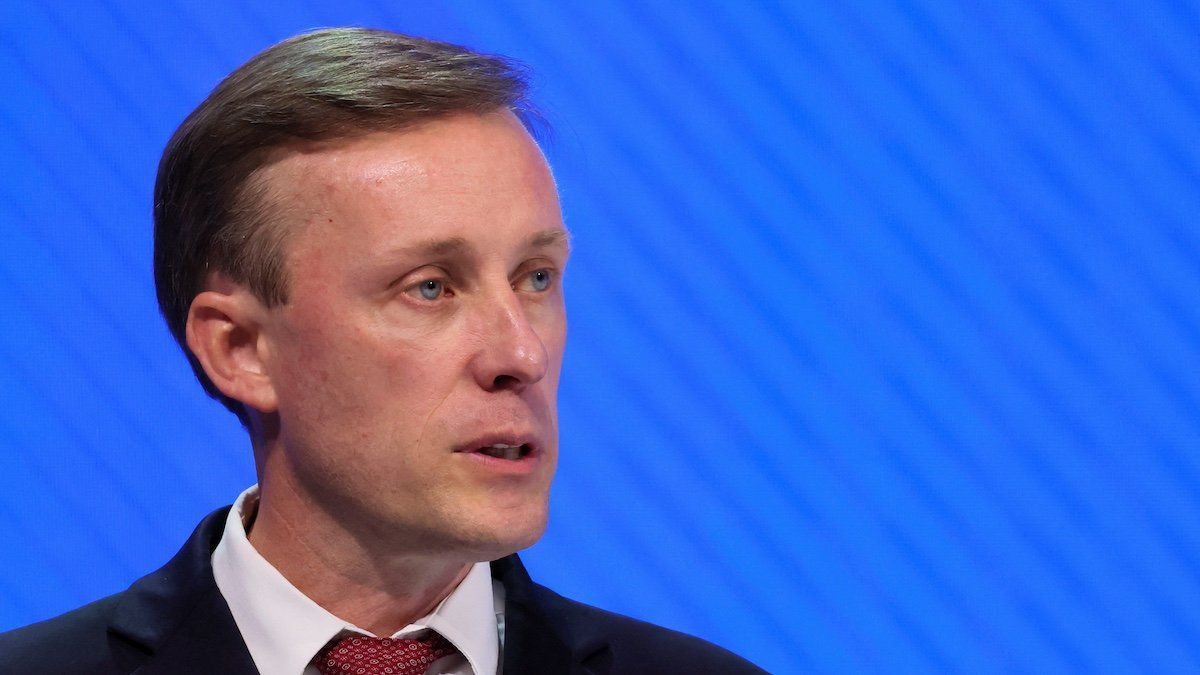US National Security Advisor Jake Sullivan will reportedly meet with Chinese Foreign Minister Wang Yi behind closed doors in the coming days to discuss the Middle East and Taiwan.
Several top-level meetings had already been on the public schedule, but this private format – previously used to set the stage for the 2023 Biden-Xi summit as well as to smooth things over after House Speaker Nancy Pelosi’s 2022 visit to Taiwan – allows a more candid exchange on sensitive issues.
Taiwan on the agenda. The meeting comes just one month after pro-independence candidate William Lai won the Taiwanese presidential elections. As such, it’s a chance for Washington and Beijing – which considers Taiwan to be part of China – to speak frankly about boundaries over the self-governing island, minimizing risks to the stability of the US-China relationship.
But the Houthi issue may be more pressing, as the Iran-backed rebel group’s attacks on Red Sea are posing a broader risk to the global economy. Some 15% of global trade normally passes through the Red Sea, including crucial cargoes of oil, natural gas, and grains. Ships forced to take the 4,000-mile longer alternate route around the Cape of Good Hope add about 10 days time and triple the cost of shipping, raising prices for the producers and consumers who rely on those goods.
The US, which has pounded Houthi positions with airstrikes, has also been asking Beijing to
use its good offices with Iran to ask Tehran to restrain the Houthis. Beijing’s reaction has essentially amounted to “sinking ships is bad, but you’re on your own, pal.” In part that may be because the Houthis have promised not to attack Chinese ships, a pledge that some Chinese shipping companies are
capitalizing on. Still, if the Red Sea choke-out starts to have wider effects on the global economy, China – still nursing a slow post-pandemic recovery – may start to see things differently.
